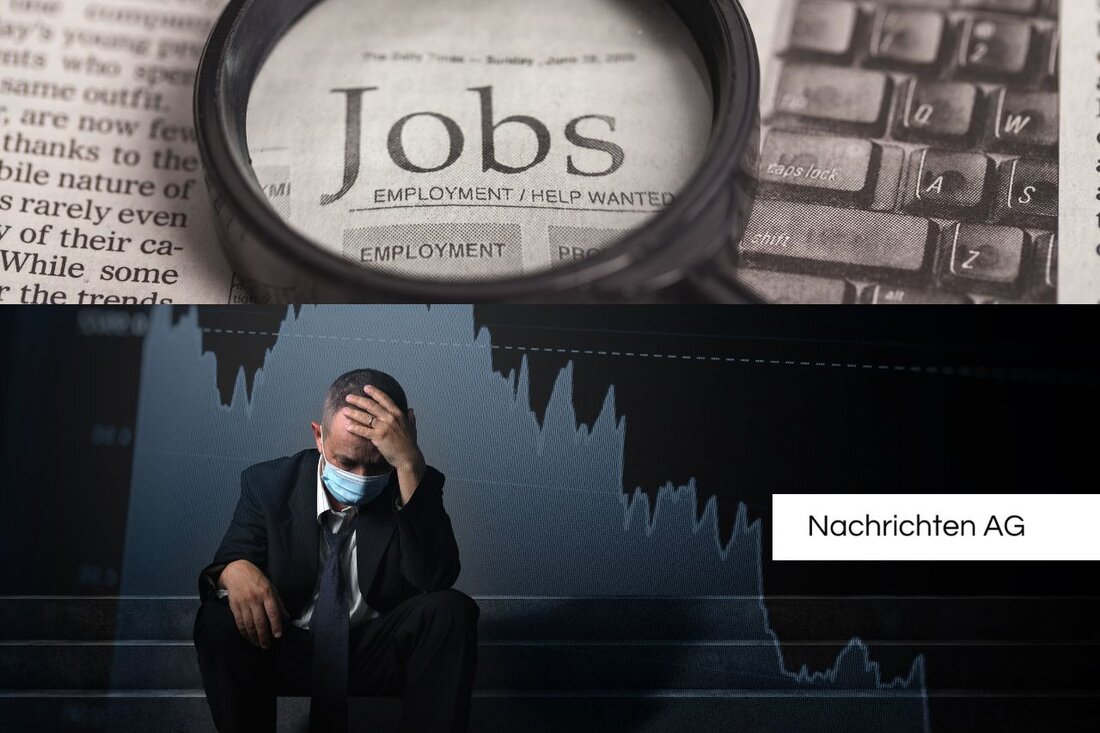PVA rejects the hand prosthesis: Volksanese Achitz criticizes authorities!
PVA rejects the hand prosthesis: Volksanese Achitz criticizes authorities!
In an exemplary case for the challenges in the area of social participation, the pension insurance institution (PVA) rejected Michael G.'s application for a myoelectric forearm prosthesis. Michael G., who has not had a right hand since he was 15 and is dependent on a non-functional prosthesis, needed the new prosthesis to perform his professional tasks more efficiently. He works in a trade company and needs the prosthesis to operate computer keys and carry out product presentations, which significantly influences its ability to work.
like ots.at reported the PVA Michael G. for two weeks in a rehab center, which was successful. Nevertheless, his application was rejected in December, which had a mentally strong impact on him. The public prosecutor, represented by Bernhard Achitz, criticizes the inefficient processing of the application. This was first forwarded to the Austrian Health Insurance Fund (ÖGK), where he stayed for a long time before it was returned to the PVA.
criticism of the administration
Bernhard Achitz demands that social security have to cover the costs of the prosthesis in order to enable Michael G. The rejection is cited as a prime example of inadequate administrative processes and the lack of support for people with disabilities. This is in the blatant contradiction to the UN Convention on the Rights of Disabilities (UN-BRK), which demands the full participation of people with disabilities in social life.
Inclusion and participation are central topics that go far beyond the individual case. As the bpb.de, there is no binding definition of inclusion, but it is generally understood as an equal participation of all people, especially people with disabilities, in social life. This is associated with requirements for the various institutions to open up and adapt them to the individual needs of people.
social perspectives and challenges
The challenges are not only evident in the case of Michael G., but also in a broader social perspective. There are still social barriers that discriminate against people with disabilities in everyday life. Statistics show that the unemployment rate of people with severe disabilities is above average and many often feel lonely and have minor trust in political institutions.
In order to strengthen the participation of people with impairments, measures are necessary that not only take into account their individual lifestyle, but also reduce social barriers. This is in accordance with the goals of the IX Social Code and the federal government law, which promote an improvement in the participation of participation of people with disabilities. The discussion about inclusion has the potential to fundamentally change the structures of our society and to enrich the lives of everyone involved.
| Details | |
|---|---|
| Ort | Österreich |
| Quellen | |


Kommentare (0)